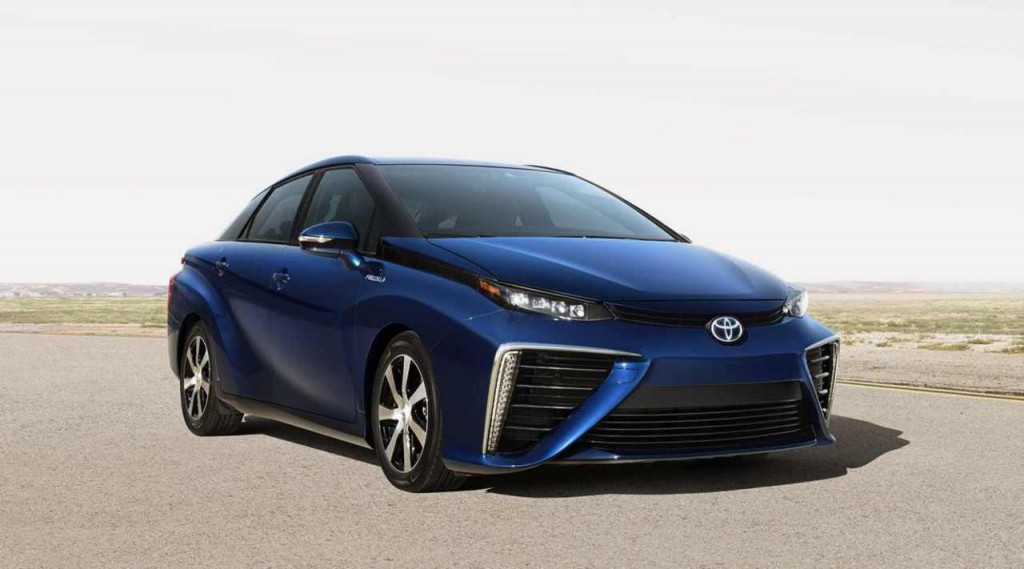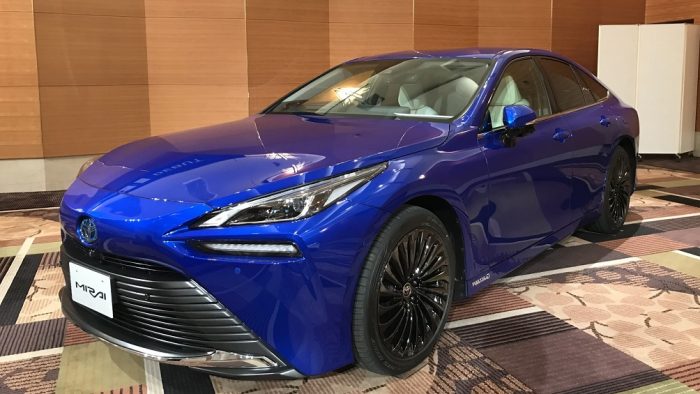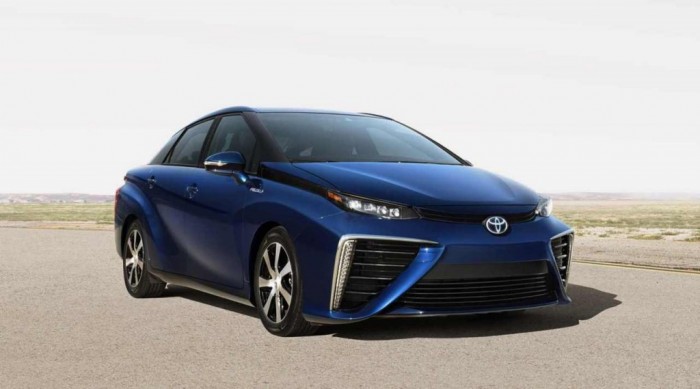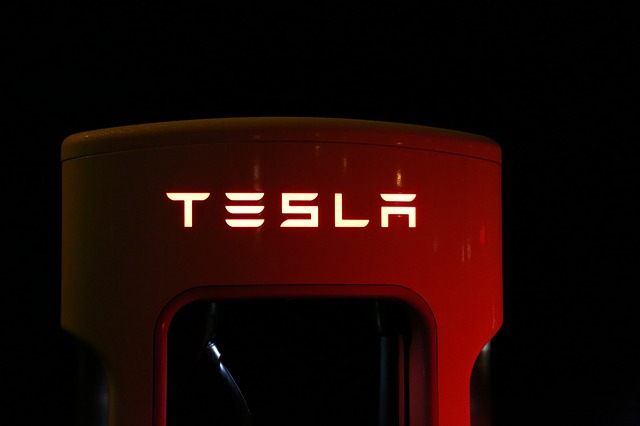Now Reading: Toyota to increase hydrogen fuel cell vehicle sales around 2020
-
01
Toyota to increase hydrogen fuel cell vehicle sales around 2020
Toyota to increase hydrogen fuel cell vehicle sales around 2020

Toyota Motor on Thursday stated it strategies to set up a facility to mass manufacture hydrogen fuel cell stacks, a major component of fuel cell vehicles, as it looks to increase production of hydrogen-powered vehicles and expand their usage as a zero-emission alternative to gasoline vehicles.
The new unit will come up on the grounds of its Honsha plant located in Toyota City near the automaker’s international headquarters, the company stated. It is also constructing a committed line at the nearby Shimoyama plant to produce tanks for storing high-pressure hydrogen gas in the vehicles.
Toyota refused to provide details about their recent investment in this technology, but stated mass production of components will start around 2020, allowing the company to meet its target for global yearly fuel cell vehicle sales of over 30,000 units, including passenger cars and buses.
“As a technology, fuel cells are mature and ready to scale up,” Toyota stated. “In order to encourage more widespread use of hydrogen-powered zero-emission vehicles, popularization needs to start by the 2020s.”
Toyota currently sells the Mirai sedan, which is globally the first mass-market fuel cell electric vehicle (FCEV), in Japan, in the United States and also a number of European countries. The model starts at about 7.2 million yen ($65,807.51) in the Japanese market.
Because of its high cost and complexity of constructing its components, the Mirai is produced in small lots. Only about 5,300 units have been sold since its introduction in 2014, a fraction of regular production models.
Stay Informed With the Latest & Most Important News
Previous Post
Next Post
-
 01Polestar Boss Says It’s Time To Outrun BMW M And Mercedes-AMG
01Polestar Boss Says It’s Time To Outrun BMW M And Mercedes-AMG -
 02Spy Shots: 2027 Mitsubishi Pajero Spotted in Testing Ahead of Possible U.S. Return
02Spy Shots: 2027 Mitsubishi Pajero Spotted in Testing Ahead of Possible U.S. Return -
 032026 Toyota Hilux EV: A Powerful Truck with Silent Torque
032026 Toyota Hilux EV: A Powerful Truck with Silent Torque -
![2027 Mercedes-Benz S-Class Debuts with V8 Engine [Photo Gallery]](https://speedlux.com/wp-content/uploads/2026/01/2027-Mercedes-Benz-S-Class-33-155x125.jpg) 042027 Mercedes-Benz S-Class Debuts with V8 Engine [Photo Gallery]
042027 Mercedes-Benz S-Class Debuts with V8 Engine [Photo Gallery] -
 052026 Corvette ZR1 Production Surges Past Expectations as Output Clears 1,000 Units
052026 Corvette ZR1 Production Surges Past Expectations as Output Clears 1,000 Units -
 06Spy Photos: VW ID. Polo GTI Goes Electric with 223 HP and 280 Miles of Range
06Spy Photos: VW ID. Polo GTI Goes Electric with 223 HP and 280 Miles of Range -
 07The Controversial Ford Voodoo V8 That Was Killed Off Too Early
07The Controversial Ford Voodoo V8 That Was Killed Off Too Early



![2027 Mercedes-Benz S-Class Debuts with V8 Engine [Photo Gallery]](https://speedlux.com/wp-content/uploads/2026/01/2027-Mercedes-Benz-S-Class-33-700x394.jpg)










































